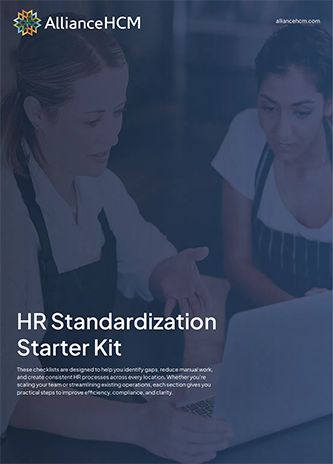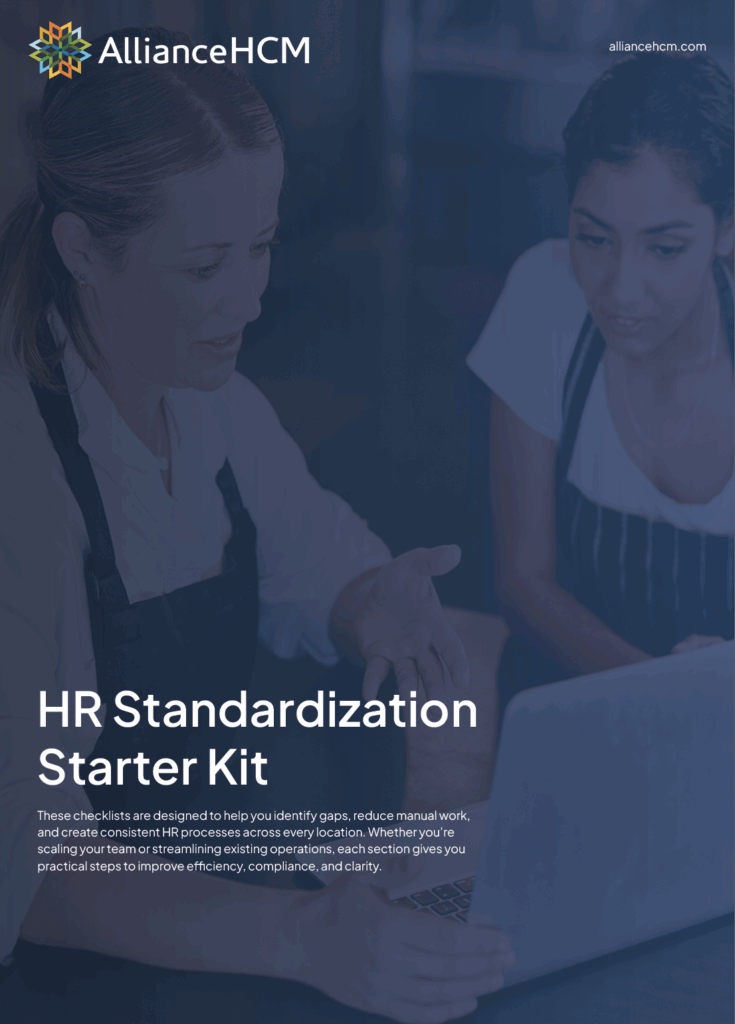Here is what you need to realize when directing background checks as a component of your hiring process. The practice is standard in the banking and financial service industries, just as for the individuals who work with kids, the elderly, or individuals with disabilities. In the event that you are not currently running background checks and need to know where to begin or if you need to survey best practices, look at our outline of the cycle beneath.
Identify the business reason behind conducting pre-employment background checks
Personal investigations add time and cost to the employment process. They can create risks, so in case you’re contemplating about directing them company-wide or for specific positions, you ought to have a business purpose behind doing so. To put it plainly, you should know why you need to direct them.
As a rule, the goal is to protect the company and the individuals inside it. A business probably wouldn’t prefer a person indicted for theft or fraud handling large sums of money. A candidate with a history of abusing others probably should not be in the profession of supervising children
On the off chance that there’s no specific requirement for historical verifications, nonetheless, it very well might be ideal to renounce doing them. If you’re required or have valid justification to do them, at that point you can move to the following stage.
Educate yourself on government and state laws relating to background checks
Under the Fair Credit Reporting Act (FCRA), employment background checks are a type of consumer report and may incorporate credit history and criminal records. Prior to getting a customer report, you should tell the candidate or worker that you use data in their consumer report for decisions related to their employment, get written permission from the applicant or employee, and certify compliance with FCRA requirements to the company running the check.
The Equal Employment Opportunity Commission (EEOC), which enforces anti-discrimination laws, has guidance to acquire and utilize criminal records. That guidance says that employers should only inquire about felony convictions, inform the applicant that a criminal record does not automatically bar employment, and ensure a legitimate business reason for requesting this information. You can learn more about these EEOC guidelines here.
Also, states have their own laws pertaining to background checks.
Make the employment offer dependent upon passing the background check
Whenever you’ve chosen a finalist for a position, you can give a work offer that is contingent upon passing a background check. Basically, you’re telling the potential employee that they’ll land the position if the background check doesn’t reveal anything that would make you revoke the proposition for employment. Making the job offer conditional protects your organization, and it tells the finalist what to expect so they’re not caught off guard.
Obtain consent from the candidate
If the information you will be obtaining is considered a consumer report, be sure to get written permission from the applicant or employee before conducting the background check. However, suppose you’re merely running an investigative report based on personal interviews regarding the applicant’s character, general reputation, or personal characteristics. In that case, you should inform them in writing that you requested this report within three days of doing so.
Decide whether the outcome would preclude employment
Before inspecting the report, you ought to have figured out what sorts of results would preclude employment. With these standards in mind, you can evaluate the report to conclude whether you should proceed with the hire or rescind the job offer.
The EEOC cautions employers not to discriminate when using background information. Employers, it says, should:
- Apply the same standards to everyone, regardless of their race, national origin, color, sex, religion, disability, genetic information (including family medical history), or age (40 or older);
- Take special care when basing employment decisions on background problems that may be more common among people of a certain race, color, national origin, sex, or religion; among people who have a disability; or among people age 40 or older;
- Be prepared to make exceptions for problems revealed during a background check that was caused by a disability.
Continue with the hire or revoke the job offer
There are very specific notification steps required under the federal Fair Credit Reporting Act (FCRA) should you elect to rescind a job offer after receiving the background check results.
Before taking an adverse action based on information in a consumer report, you must provide the applicant with a notice that includes a copy of the consumer report you relied on to make your decision as well as a copy of A Summary of Your Rights Under the Fair Credit Reporting Act, which the company that gave you the report should have provided to you. There are online background check services you can use to offer a wide range of options based on your organization’s needs.
The next steps include the following:
- Inform the applicant of the adverse action either orally or in writing.
- Provide them with the name, address, and phone number of the consumer reporting company that supplied the report.
- Provide a statement that the company that supplied the report did not make the decision to take the unfavorable action and cannot give specific reasons for it.
- Inform the applicant of their right to dispute any inaccurate or incomplete information and get an additional free report from the company if the applicant asks for it within 60 days.
Save the report
Businesses must preserve background check records for one year after the records were made or after a personnel action was taken, whichever comes later. If an applicant or employee were to file a charge of discrimination, you would have to maintain the records until the case is concluded.
After that time, you should securely dispose of the report and any information gathered from it. Securely disposing of the information means that it cannot be read or reconstructed. We recommend shredding these items.
Assist your workers with having an extraordinary onboarding experience beyond the background check
In the wake of investing a great deal of time and energy into enlisting and recruiting new employees, don’t blow it now! Get them going faster and keep them longer — and boost HR team efficiency — with a streamlined program that starts with this checklist.






